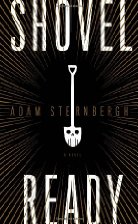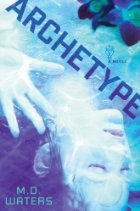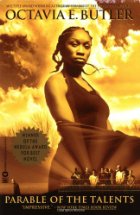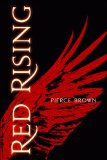Spademan (not his real name) used to be a garbage man. He still is, in a way, but now the garbage he removes is human. He gets a phone call with a name and arranges payment, and his only rules are no killing kids and no listening to the back story. He doesn't care. He's just the bullet. He lives and works in and around a NYC that has been devastated by a second round of terrorist attacks, including a dirty bomb in Times Square, and which has been largely abandoned. The remaining rich residents seal themselves inside and spend their days "limning," meaning in a new sort of virtual reality Internet, with only the remaining service industry workers on the streets. Then Spademan is given a target that leads to his thinking of some new rules.
This story has everything that you need for a good noir; a hero whose morality it would be generous to call ambiguous (at one point early on he gives the reader a litany of rules he doesn't have - like only killing serial killers - and asks if they would think his being a hit man was forgivable then). A beautiful young woman who either is in trouble, or is trouble, or both. A stark city setting that's integral to the story. And plenty of violence. If I met a Sandman Slim fan who was into dystopias without the paranormal aspects too, I'd recommend this book.
Overall: A




 RSS Feed
RSS Feed
